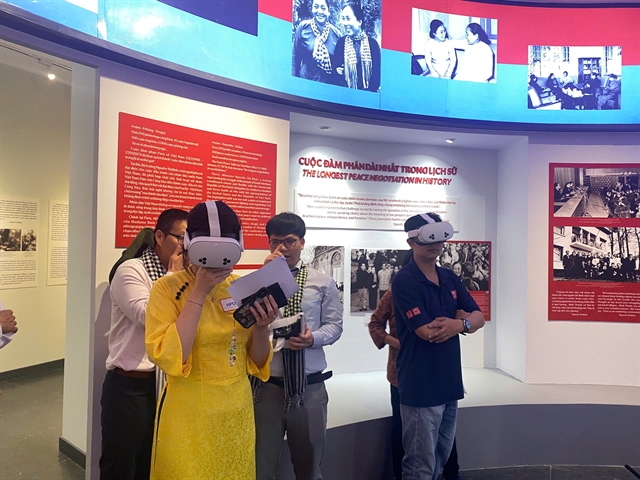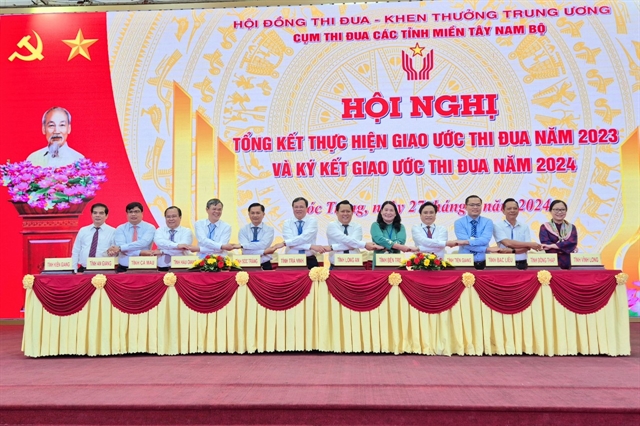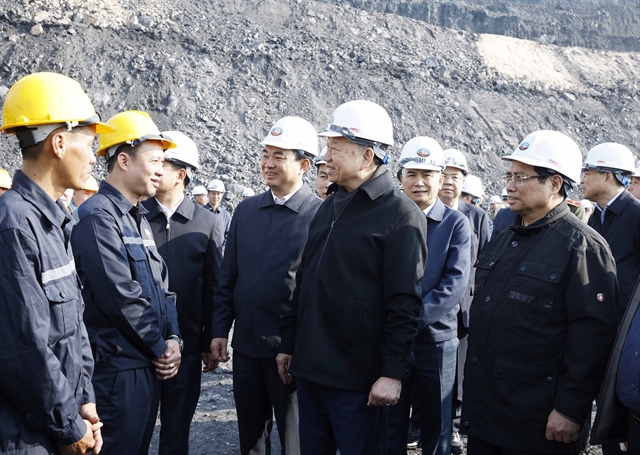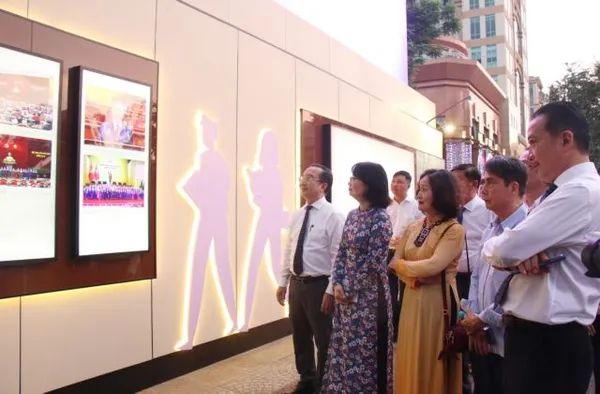 Life & Style
Life & Style


|
| Leaders of 12 provinces of the southwestern cluster signed an socio-economic development agreement in 2024 on March 27. — Photo www.sggp.org.vn |
MEKONG DELTA — Twelve provinces in the southwestern (Mekong Delta) region on have signed a socio-economic development agreement for 2024 at a conference in Sóc Trăng Province.
The conference held on Wednesday reviewed the implementation of the work done last year and the directions and tasks for this year, with the participation of the leaders of Sóc Trăng, Cà Mau, Tiền Giang, Kiên Giang, Trà Vinh, Bạc Liêu, Hậu Giang, An Giang, Đồng Tháp, Long An, Bến Tre and Vĩnh Long provinces.
Under agreement, the provinces determined to effectively implement Directive No. 19/CT-TTg (July 16, 2021) of the Prime Minister on successfully implement annual socio-economic development tasks and the five-year socio-economic development plan for the 2021-25 period.
Long An Province was chosen as the head of the cluster of the southwest provinces in 2024, and the two provinces of Bến Tre and Trà Vinh as deputy heads.
Last year, the southwestern cluster's economy continued to achieve a good growth rate of 6.7 per cent, higher than the national average of 5.05 per cent.
Total state budget revenue reached more than VNĐ98 trillion (US$4.2 million), while total import-export turnover reached more than $23 billion.
Total social investment capital reached nearly VNĐ380 trillion ($16.1 million), accounting for 96.6 per cent of the plan.
The disbursement rate of public investment reached from 97.7 to 139.5 per cent.
The average per capita income was around VNĐ71.2 million ($3,025) per person per year.
The provinces also strongly developed cultural and social fields, ensured social security, national defense and security, and improved the material and spiritual life of local people. — VNS

.jpg)


